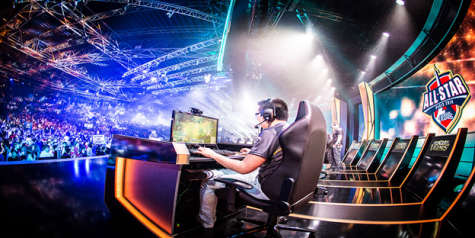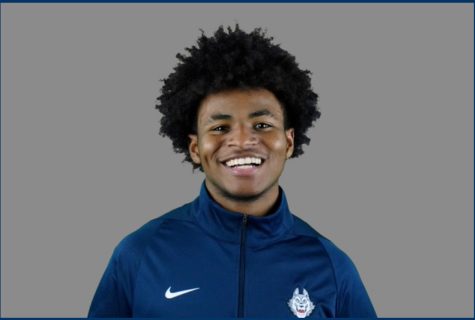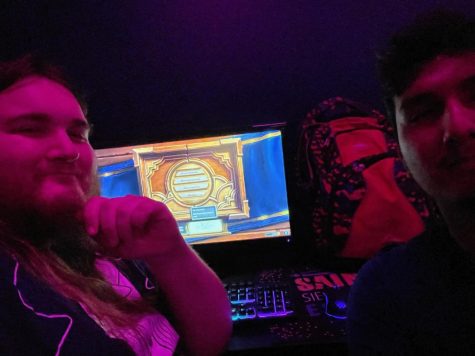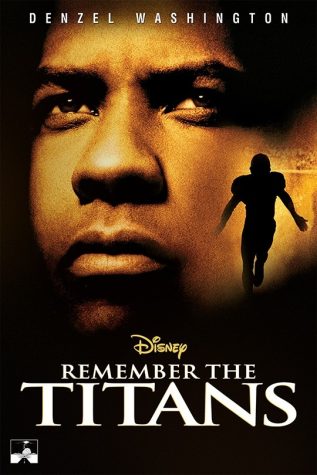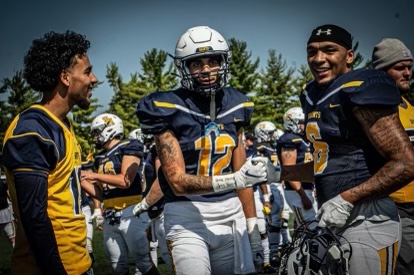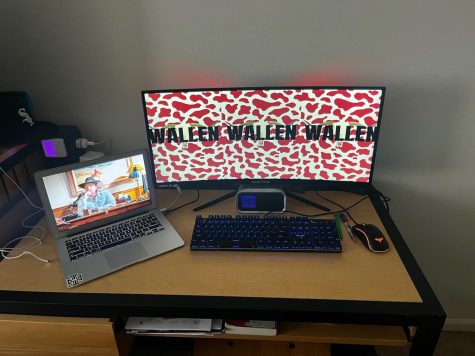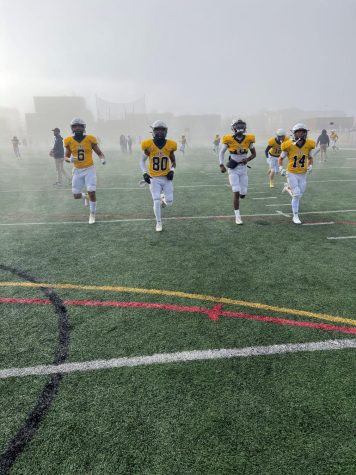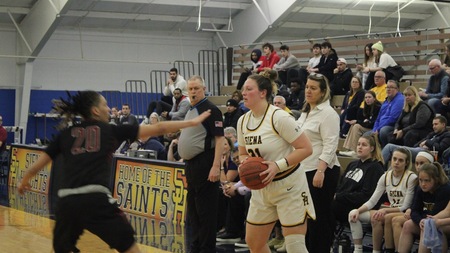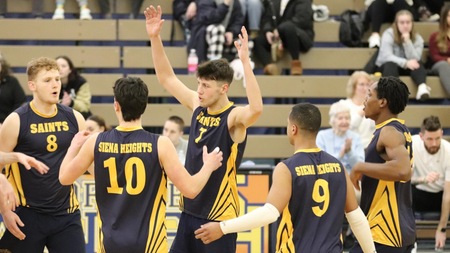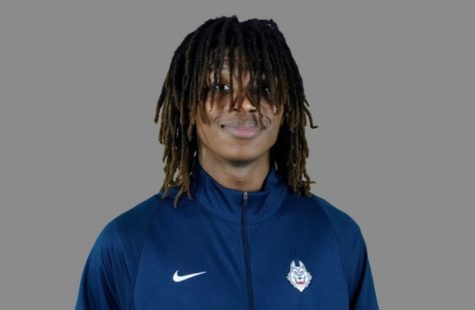COLUMN: ESports and Pro Gamers: More To It Than Just Pressing Buttons
When you sit down and think of a sport, I can guarantee that playing video games would be the last thing to pop up in your head.
You’re probably imagining something like football, baseball, basketball, anything that has physical exertion and the word ball in it.
Now to a specific sense, I do see some truth to that – physical athletics are very different to mental athletics in every aspect.
What I don’t like seeing is people ignoring all aspects of ESports that makes it as challenging as a regular sport; there is way more to the concept than just having quick thumbs.
There are skills and training processes for ESports players that are vastly different than a regular athlete, and my goal today is to showcase the daily routine that comes with being a pro gamer; instead of saying they are the same, I want to show the different worlds that come with each activity.
First and foremost, the skills required.
As a casual gamer, playing against a pro often gets compared to challenging a god in their respective domain – it’s like versing a superhuman.
Knowing the ins and outs of every map/stage, understanding all characters movesets and how to counter said character, being able to recognize frame data (the speed at which the game and all actions move at), all of this and more becomes an everyday habit for ESports players and their respective games.
But simply knowing gameplay mechanics is far from all that it takes to be an efficient ESports player.
A key component that exists in nearly every top player is the ability to recognize and adapt to patterns in their opponents game, and depending on the player, a person’s entire play style can be predicted from the very start of gameplay.
ESports skills lay in video game experience as well as cognitive training, which becomes fairly attainable for most players when you understand how much they practice.
Most ESports games are team based and require you to have a strong connection with your fellow players – most competitive teams usually live in a frat-like house together and often practice their craft up to 10 hours a day…every day.
And I complain about getting sore from sitting in one spot for two hours.
These gamers do this every day while they live together in order to create a bond and understanding of each player and their individual techniques; Each member of the team needs to understand how they all play with each other in order to create ideas/plays for the next tournament.
There is a powerful player with player connection created here that is also shared upon with Athletics and their own people; a catcher and a pitcher with a strong understanding of each other are just as efficient in their craft as two players doubling in Super Smash Bros.
Another similarity to show how serious these gamers are in their sport is within the fact that there are coaches and managers who constantly keep an eye on their players.
Being an ESports coach/manager has a lot of overbearing pressure behind it just like their Athletic counterparts: time-management, keeping practices consistent and efficient, understanding the stats and players of other teams beside their own, and most importantly just having an eye for the game your team is playing.
These people are the real deal, they just have strengths in a different type area within the vast world of sports.
There are a lot of people out there who kick and shout that ESports should be treated the same as Athletic sports and they are usually answered by people who believe that an activity not as physically challenging as regular sports is barely a sport at all.
I believe that there should be a middle line created between the two; Athletic sports and ESports are very different to each other, each requiring a specific set of skills that is not valued in the other.
They shouldn’t be held to the same set of standards as each other, but the struggles within each cannot be ignored either. It’s like fighting over which is better, a Trumpet or a Clarinet – it’s ludicrous to compare them.
The bottom line should be set as both require a lot of hardwork and dedication, the difference lies only in the skillset of each.

